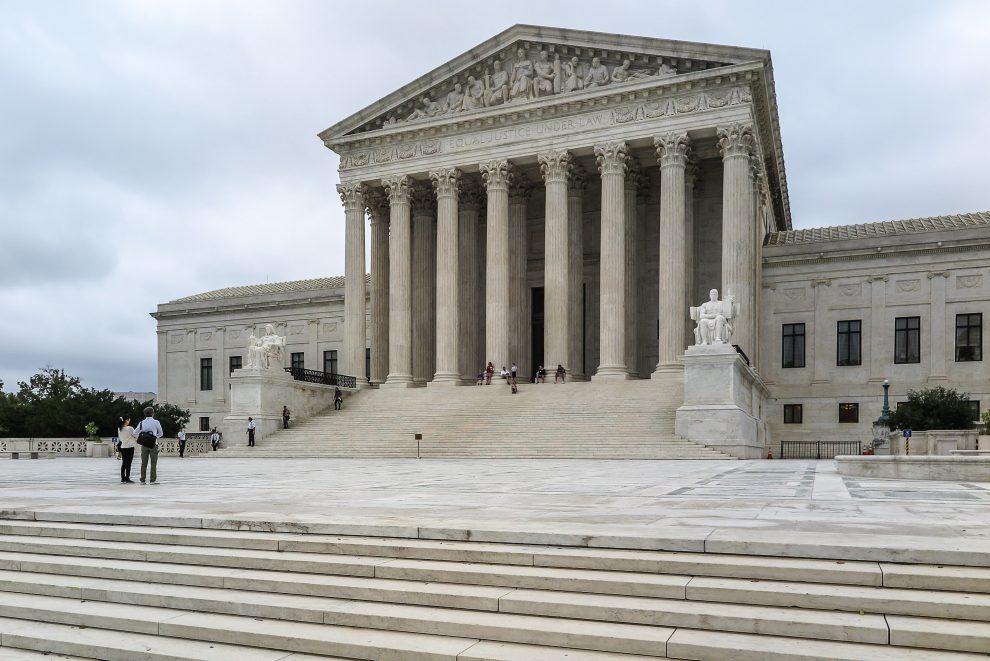QUESTION OF GRANTING TEMPORARY PROTECTED STATUS AND GREEN CARD
The Supreme Court of United States was conducting a hearing on the Temporary Protected Status (TPS) and granting of green card involving a couple from El Salvador who have been in the US since the early 1990s who entered the country illegally and were given humanitarian protections for applying for green card.
The Hon’ble court ruled on Monday that thousands of people living in the US for humanitarian reasons are ineligible to apply to become permanent residents. As gathered from news published in Deccan Herald and other sources it was mentioned, Justice Elena Kagan wrote for the court that federal immigration law prohibits people who entered the country illegally and now have Temporary Protected Status from seeking “green cards” to remain in the country permanently.
The question whether the conferral of TPS enables him to obtain LPR [Legal Permanent Residency] status despite his unlawful entry. It was held that it does not.
Justice Elena Kagan wrote for the court that federal immigration law prohibits people who entered the country illegally and now with Temporary Protected Status from seeking “green cards” to remain in the country permanently.
TPS vs. ADMISSION
The designation applies to people who come from countries ravaged by war or disaster. It protects them from deportation and allows them to work legally. There are 400,000 people from 12 countries with TPS status.
“The TPS program gives foreign nationals non-immigrant status, but it does not admit them. So the conferral of TPS does not make an unlawful entrant…eligible” for a green card, she wrote.
The House of Representatives already has passed legislation that would make it possible for TPS recipients to become permanent residents, Kagan noted. The bill faces uncertain prospects in the Senate.
Federal courts around the country had come to conflicting decisions about whether the grant of TPS status was, by itself, enough to enable an immigrant to try to obtain permanent residency. Former President Donald Trump tried to cancel the program for many immigrants, stoking fear they could be sent back to their homelands where they haven’t lived in many years.
People from 11 other countries are similarly protected. They are: Haiti, Honduras, Myanmar, Nepal, Nicaragua, Somalia, South Sudan, Sudan, Syria, Venezuela and Yemen.
This decision does not affect immigrants with TPS who initially entered the U.S. legally and then, say, overstayed their visa, Justice Kagan noted. Because those people were legally admitted to the country and later were given humanitarian protections, they can seek to become permanent residents.
Federal law allows some non-immigrants to seek an adjustment of their legal status in the U.S. provided that they have been “admitted” to the country. Kagan explained that TPS — a designation conferred by the State Department because of humanitarian or security conditions in a country — is not itself admission.
“An ‘admission‘ is defined as ‘the lawful entry of the alien into the United States after inspection and authorization by an immigration officer.
The TPS program gives foreign nationals non-immigrant status, but it does not admit them.













Add Comment